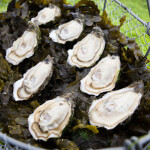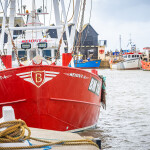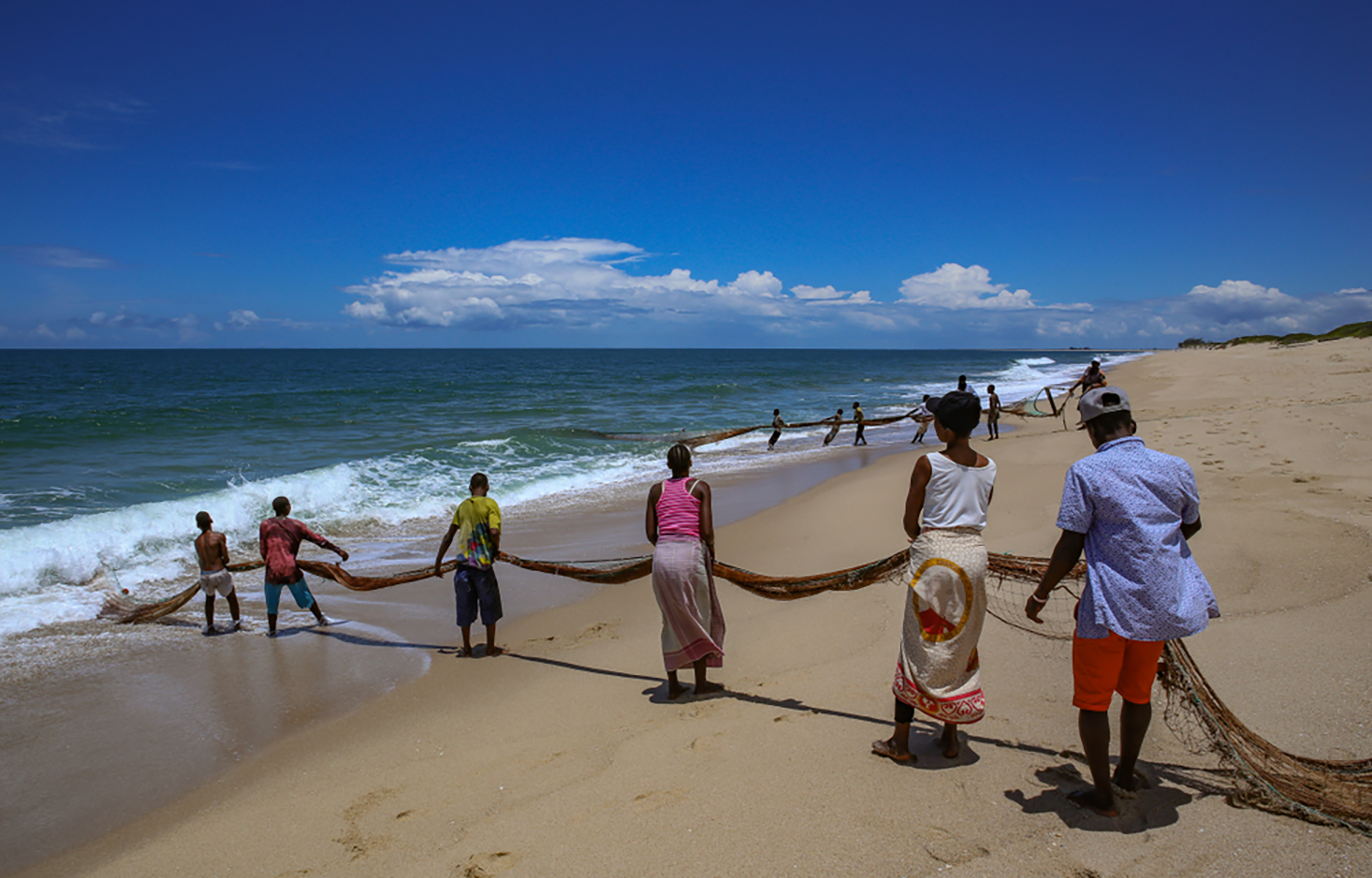Mozambique has signed a financing agreement with the International Fund for Agricultural Development (IFAD) worth USD 63 million (EUR 57.6 million) to support artisanal fishers up and down the East African country’s coastline.
The agreement, announced 1 March, paves the way for financial support of the Artisanal Fisheries Resilient Development Project, which helps address constraints faced by Mozambican artisanal fishers in increasing their production and accessing business opportunities both domestically and abroad.
IFAD Country Director for Mozambique Jaana Keitaanranta said the project will empower more than 90,000 artisanal fishers and foster sustainable fishing practices to ensure “food security for communities, protection of ecosystems, and building a more resilient future for all.” To accomplish these ambitious goals, the project will promote research on appropriate fishing methods and techniques, as well as offer training to artisanal fishers on effective management of fisheries and offshore fishing.
Other project strategies backed by the group include mapping potential areas for future mariculture activities, launching pilot farms, and training potential mariculture farmers on culture systems.
Furthermore, Mozambique will utilize the funding to designate sensitive and degraded habitats, such as those with mangroves, coral reefs, and seagrass beds, for rehabilitation under the project.
Current plans are for the project to be implemented in stages between now and 2030. IFAD said the projected total project cost is estimated at USD 54.5 million (EUR 49.8 million), with the agency providing USD 29.3 million (EUR 26.8 million).
Project co-financiers include the Norwegian Agency for Development Cooperation, which is providing USD 3 million (EUR 2.7 million), the government of Mozambique, pitching in USD 3.4 million (EUR 3.1 million), and private-sector investments totaling USD 5.48 million (EUR 5 million).
Artisanal fishers have confirmed in-kind contributions equivalent to USD 2.2 million (EUR 2 million), leaving a financing gap of USD 20 million (EUR 18.3 million), according to IFAD projections.
Mozambican artisanal fishers, who account for 90 percent of Mozambique’s total fishery output, have been hampered by low productivity, untapped fish processing potential, and poor marketing, making the funding even more important, according to Keitaanranta.
Although Mozambique’s artisanal fishery production increased from 259,000 metric tons (MT) in 2015 to 414,000 MT in 2020, the upward trend is under serious threat from emerging challenges such as data-collection deficiencies and worsening environmental degradation associated with fishing activities, Keitaanranta said.








